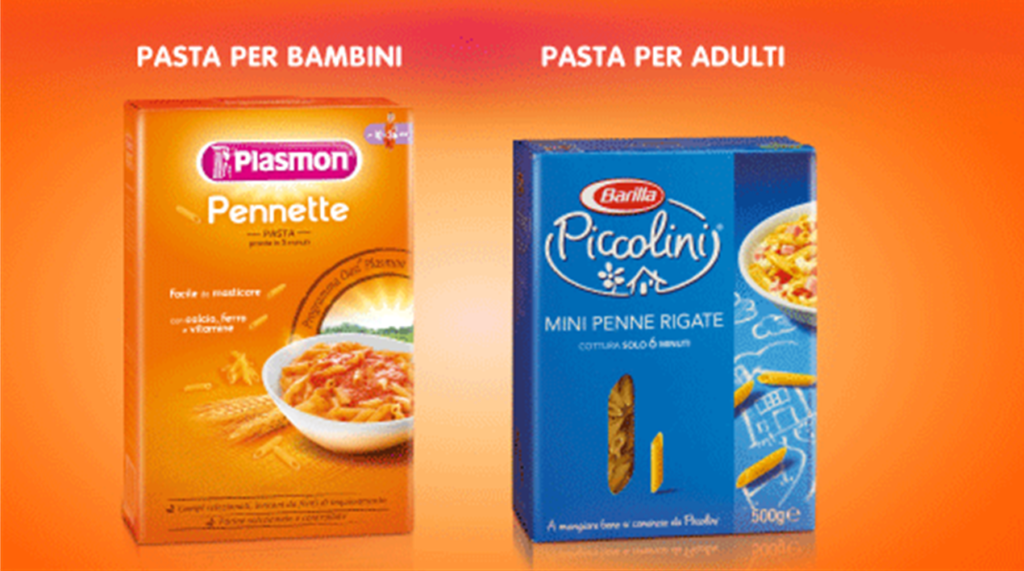Unfair competition for denigration and appropriation of merits

In the last article (click here to read it) was analyzed the first group of “named” cases, in which a company adopts or slavishly imitates names or distinctive signs legitimately used by others, or performs any suitable act to create confusion with them (“confusing” cases).
In this, however, we will talk about the second group of the “named” cases, in turn divided into two subgroups: the cases relating to the appropriation of the merits of the competitor’s products/services and those in which the purpose is to denigrate them.
Both are governed by art. 2598, n ° 2) of the civil code, but they do not have points in common and, therefore, will be analyzed separately.
1) Denigration of a competitor’s products or business
Starting from the latter, art. 2598 of the Italian Civil Code defines denigratory any act characterized by the dissemination of “news and appreciations on the products and activities of a competitor, capable of causing discredit“, that is, the loss or decrease of the reputation and trust that the competitor company enjoys on the market.
Jurisprudence and doctrine, however, in outlining the “contours” of the “denigrating” case, have made it clear that:
- the dissemination of news and appreciation, to determine discredit, must take place against “an indeterminate number … of subjects … or at least … to an undifferentiated public” (Cass. Civ., 30.05.2007, n. 12681) .
- Discrediting news or appreciations must be false: they are not illegal, if true, as long as they are presented in an objective way and supported by “scientific” evidence.
The deprecative cases
We will not describe all the deprecative cases here, we will mention only two:
- comparison with the products or services of another company (eg: when expressions such as “my product is better than yours” or “your product is worse than mine” are used);
- the magnification of one’s own product, i.e. the definition of it as the best of all.
With regard to the first case, the Legislative Decree No. 145/2007 considered comparative advertising lawful only if:
- it is not misleading in relation to the comparison with the competitor’s products;
- does not cause confusion;
- does not discredit the competitor;
- does not give the advertiser an undue advantage, thanks to the notoriety of the competitor’s distinctive sign.
Also with regard to the second case, the jurisprudence is generally indulgent: the magnification of one’s product is considered a lawful conduct, provided it is so “exaggerated” that it cannot be taken literally by the recipients of the message, even if it “implicitly” denigrates the products of others.

2) The appropriation of merits
The second case governed by art. 2598, n ° 2) of the Italian Civil Code instead, it concerns the appropriation “of the merits of a competitor’s products or company“.
The merits, according to the doctrinal and jurisprudential interpretation, concern the qualities of the company “victim” of the unlawful conduct, or of its products, which are appreciated and preferred by consumers. While the appropriate conduct may take place when the company communicates to the market that it or its products have the merits of the competitor company (or the products of the latter).
The connection to the notoriety of other competitors
A typical case of the aforementioned case is represented by the “connection” to the reputation of a competitor. This occurs when a company proposes itself to the market by equating itself or its products with a known competitor or its products.
In this way, by exploiting the reputation of the competitor of the latter’s products – acquired with considerable investment of time and money – the company gains a significant advantage on the market, without however making any “effort”.
The most common hypothesis of coupling is the use of one’s own brand on one’s products, alongside that of the well-known company, preceded by the word “type” or “similar” (for example: my pen is “type Mont Blanc”) . In this case, it does not matter that your product is qualitatively inferior or superior to that of the known company: the unlawful conduct will be configured only by having exploited the reputation of the latter.
There will also be appropriation of merits when the company’s product presents a shape similar to that adopted by the product of a well-known company, but adding a different name (think of the typical shape of the bottle of the “Acqua di Parma” cologne, to which the denomination “Acqua di …” is applied).



